Iran says ready for ‘good deal’ to reap JCPOA benefits, ease other side’s concerns
Iranian Foreign Minister Hossein Amir-Abdollahian has expressed Tehran’s readiness to reach a “good agreement” in order to take full advantage of the economic benefits of the 2015 nuclear agreement and address the potential concerns of the other parties.
“The Islamic Republic stands ready to reach a good deal to take full advantage of the economic benefits of the 2015 deal and remove possible concerns of the other side,” Amir-Abdollahian said in a telephone conversation with his Omani counterpart, Sayyid Badr Albusaidi, on Monday.
“Then, Iran’s nuclear program would be pursued under the JCPOA in exchange for the removal of sanctions,” he said, in explaining what a “good agreement” between Iran and the P4+1 group of countries on the fate of the nuclear agreement would look like.
The JCPOA was abandoned in 2018 by then-US president Donald Trump, who then went on to target Iran’s economy with what he called a “maximum pressure” campaign, which failed to compel Iran to negotiate a “new deal.”
Iran and the five remaining parties to the JCPOA – Germany, Britain, France, Russia, and China – began the talks in the Austrian capital in April with the aim of removing the sanctions after the US, under President Joe Biden, voiced its willingness to return to the agreement.
The seventh round of the Vienna talks, the first under Iranian President Ebrahim Raeisi’s administration, began on November 29 after a five-month pause.
Days into the renewed talks, Iran presented two draft texts which address, separately, the removal of US bans and Iran’s return to its nuclear commitments under the JCPOA. Tehran also said it was preparing a third draft text on the verification of the sanctions removal.
In the Monday conversation, Amir-Abdollahian also pointed to the positive relations between Tehran and Oman and the will of the two countries to strengthen their bilateral ties as well as regional and international cooperation.
The top Omani diplomat, for his part, referred to Muscat’s support for the Vienna talks.
He further said that Iran’s emphasis on seriousness and diligence in concluding the discussions causes optimism and that Oman has always been consulting in this regard.
Since the beginning of the Vienna talks in April, the three European parties to the deal have pressed Iran to return to full compliance with its nuclear obligations under the JCPOA, ignoring the fact that the talks are aimed at bringing the US – the only party that left the deal – back into the deal by removing its anti-Iran sanctions.
In an exclusive interview with Press TV on Sunday, Iran’s chief negotiator in Vienna talks Ali Bagheri Kani said the Iranian side has not received any constructive initiative or proposal from the opposite side during the talks.
In a joint statement on Monday, the so-called E3 – France, Britain, and Germany – once again warned Iran that “time is running out” on reviving the 2015 deal, blaming the Islamic Republic for the current situation.
“Without swift progress, in light of Iran’s fast-forwarding of its nuclear program, the JCPOA will very soon become an empty shell,” they said, claiming that participants at the Vienna talks are losing “precious time” dealing with new Iranian positions “inconsistent with the JCPOA or that go beyond it.”
In recent weeks, Tehran has repeatedly said it was serious in the negotiations and was seeking a “good agreement” that would secure the removal of US sanctions in exchange for reversing its nuclear measures that go beyond the JCPOA’s limits.
Iran has also maintained that its positions are fully consistent with the JCPOA and that it will not accept anything short of strict adherence to the nuclear pact or any commitment beyond it.
'Capitulation': Israeli officials and media concede Gaza defeat as truce unfolds
'Gaza has won': Social media users react to ceasefire with mix of relief, joy
Iran seeks South Korea’s assistance for AI, fiber-optic projects
VIDEO | Iran's 'Eqtedar' (Power) maneuver
Israel hits HTS military target in Syria for 1st time since fall of Assad
VIDEO | Press TV's news headlines
Israel has slaughtered 13,000 students in Gaza, West Bank
VIDEO | More Zionist than Zionists: Biden’s legacy to be defined by Gaza genocide


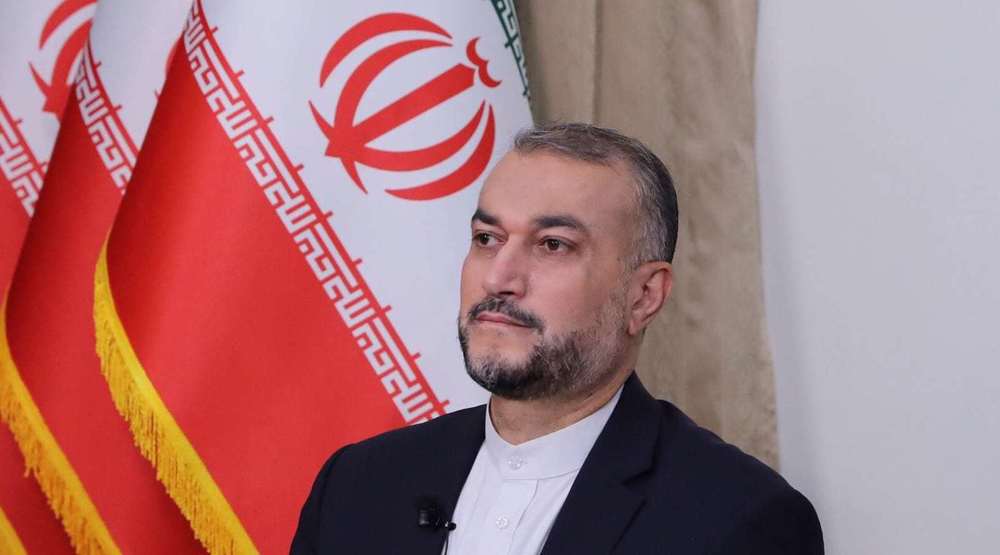
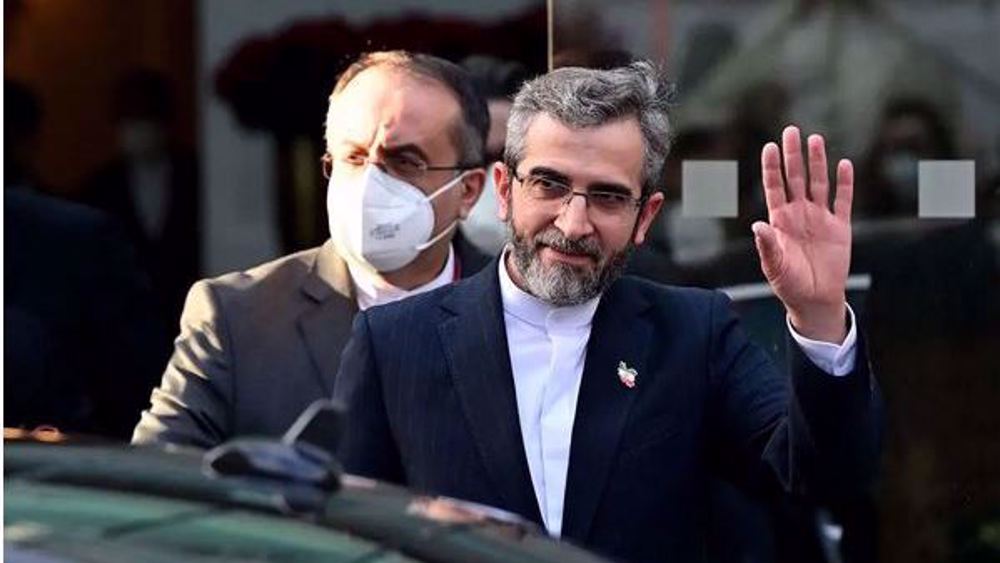
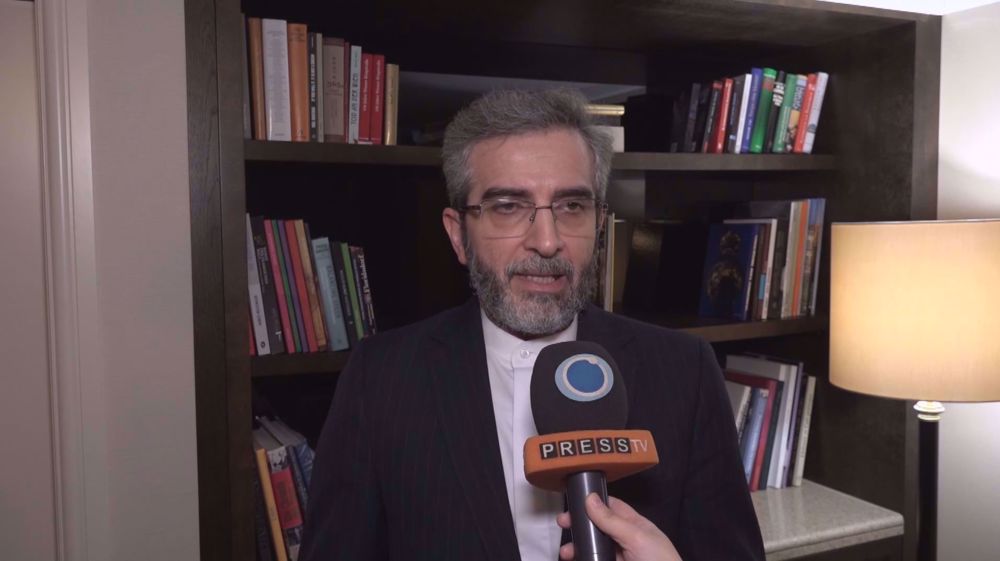


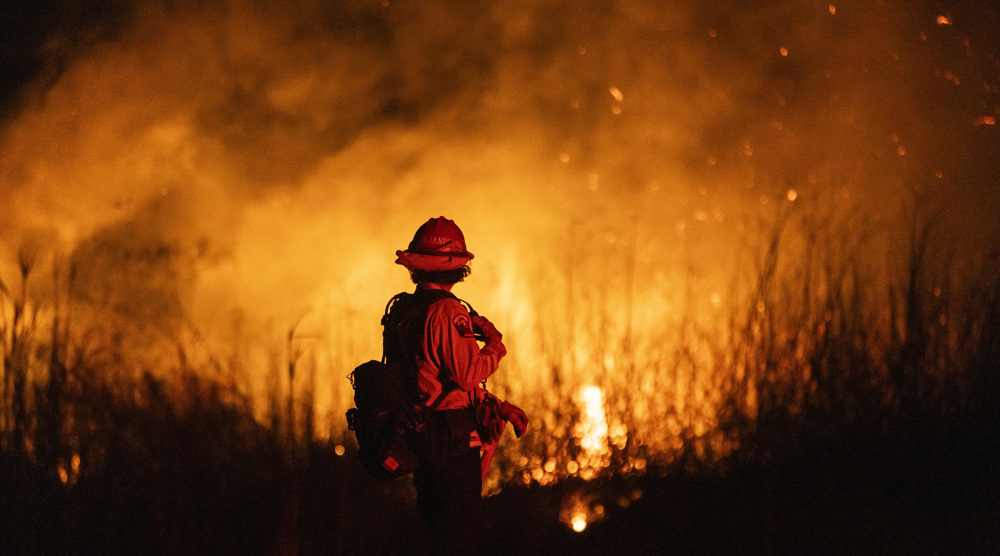



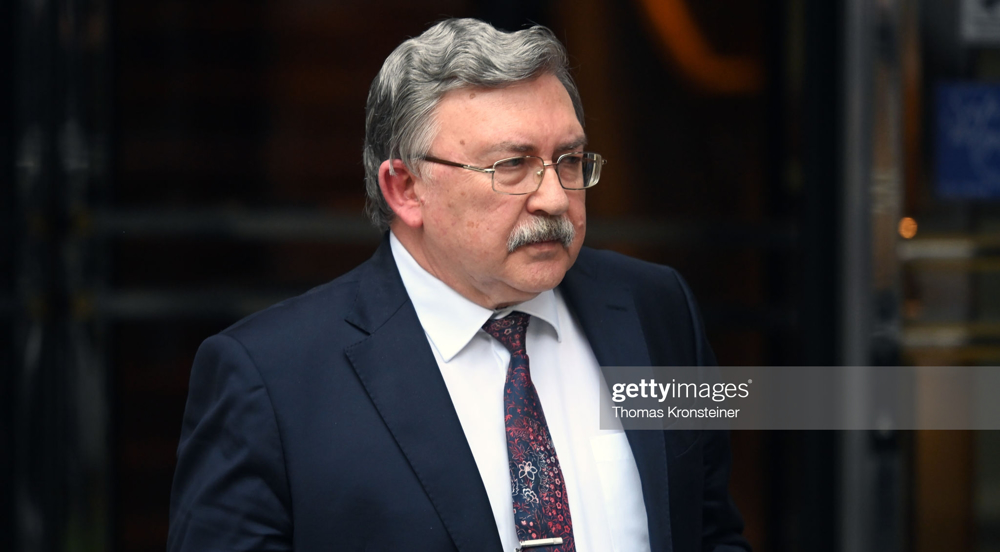
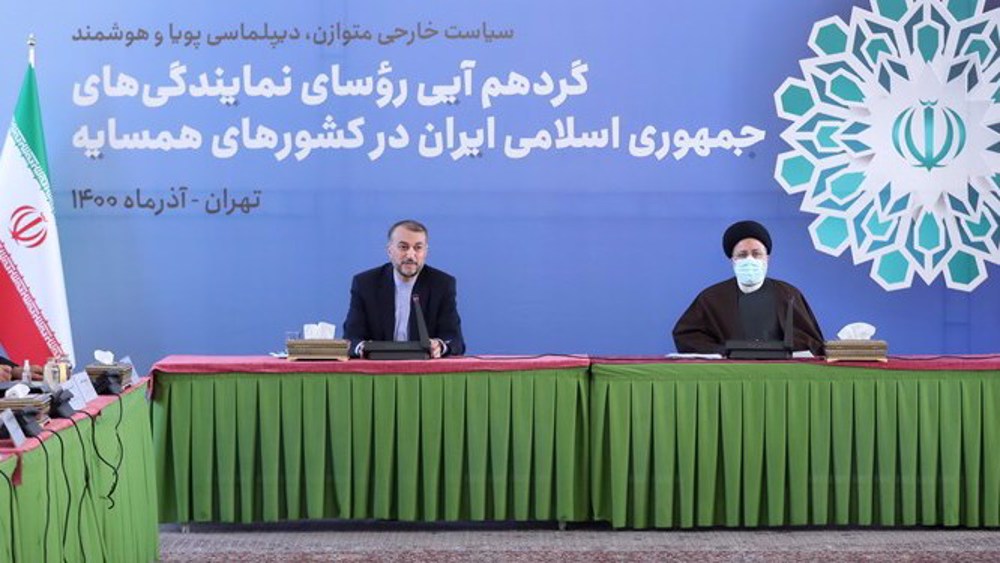
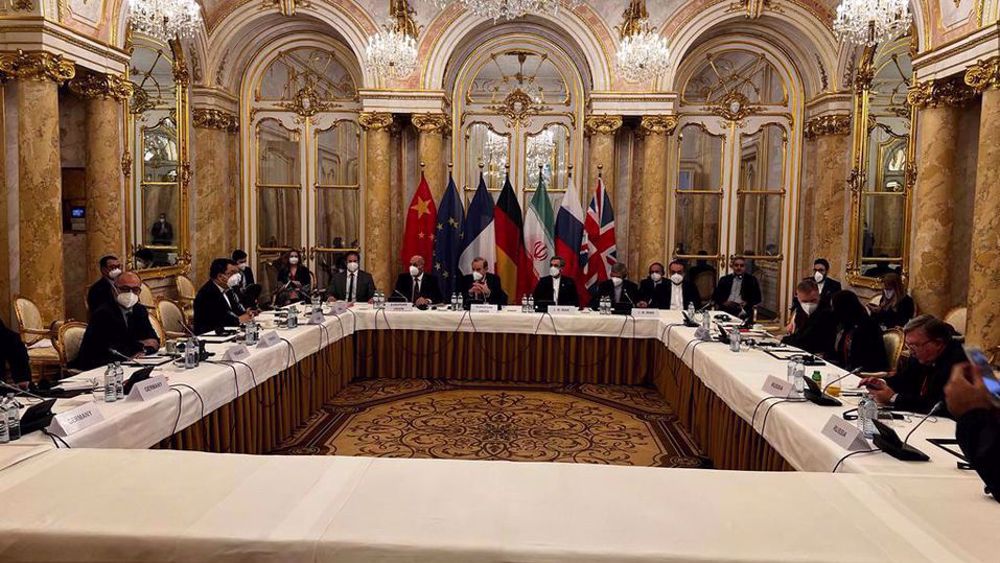
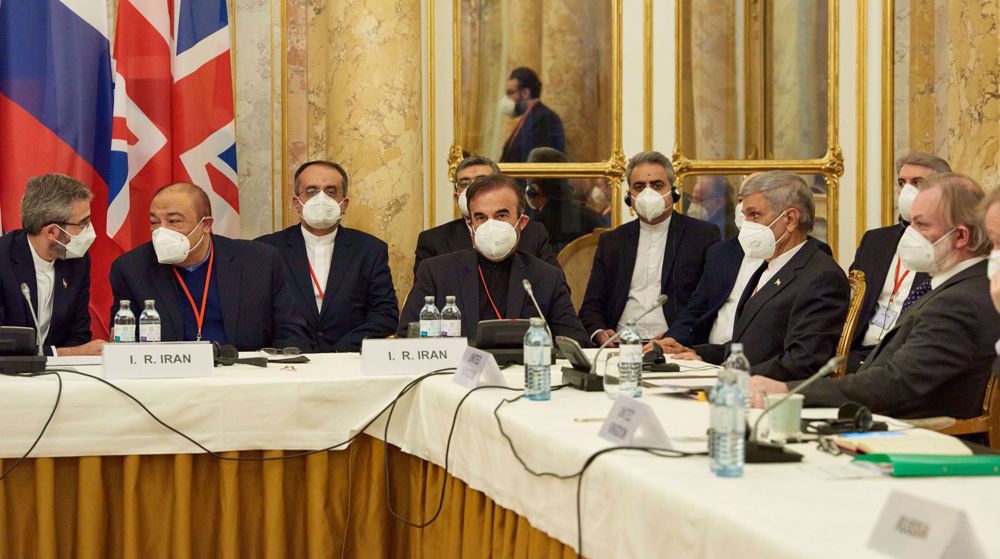
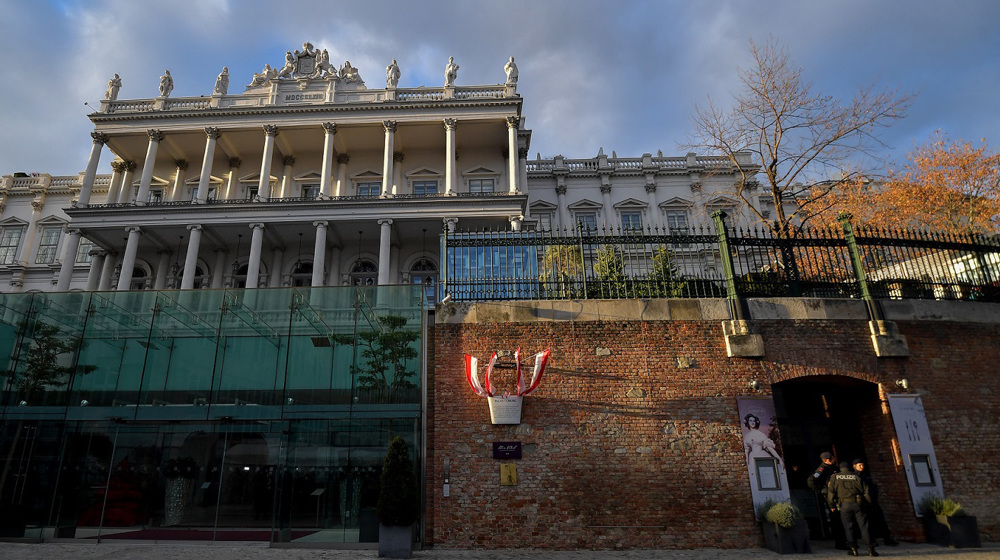

 This makes it easy to access the Press TV website
This makes it easy to access the Press TV website